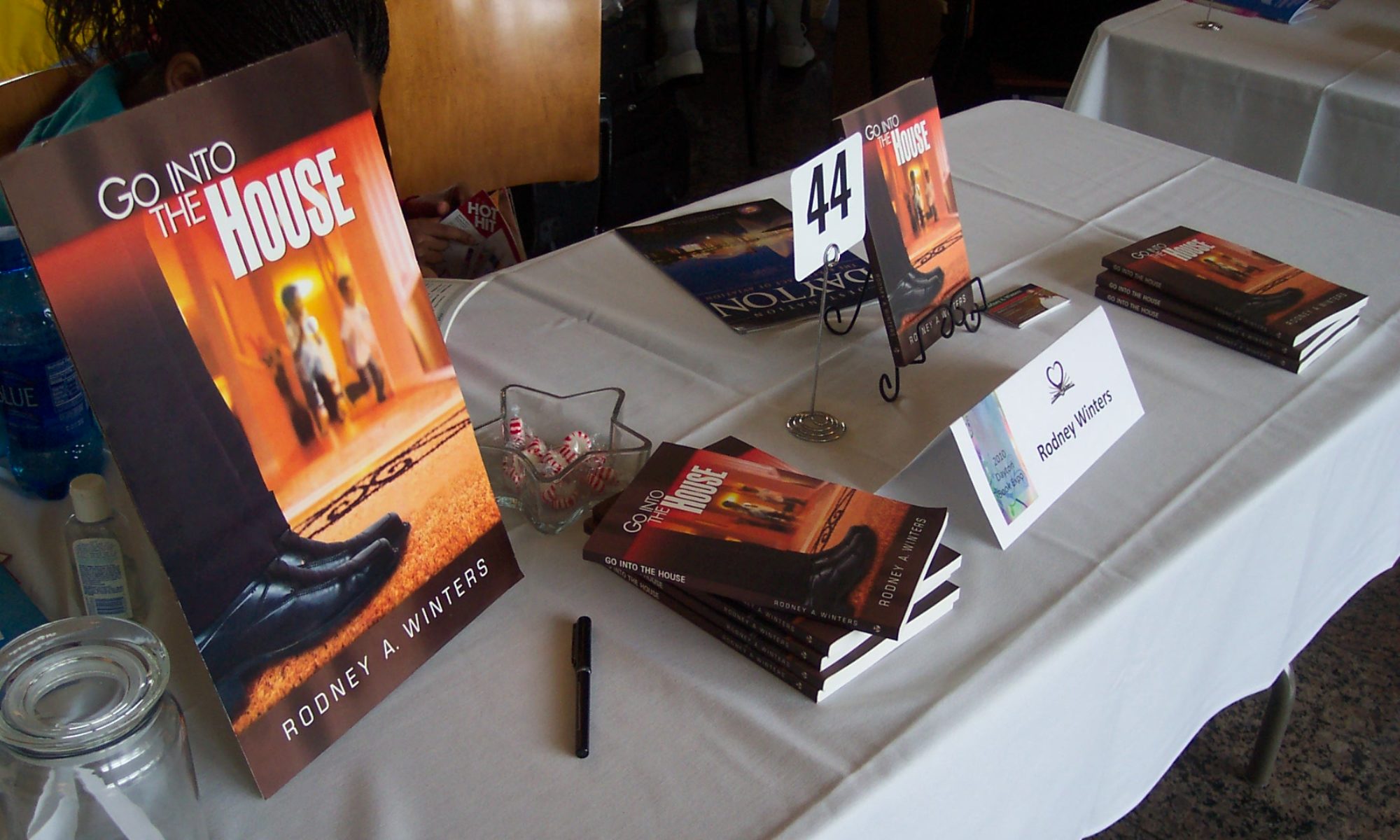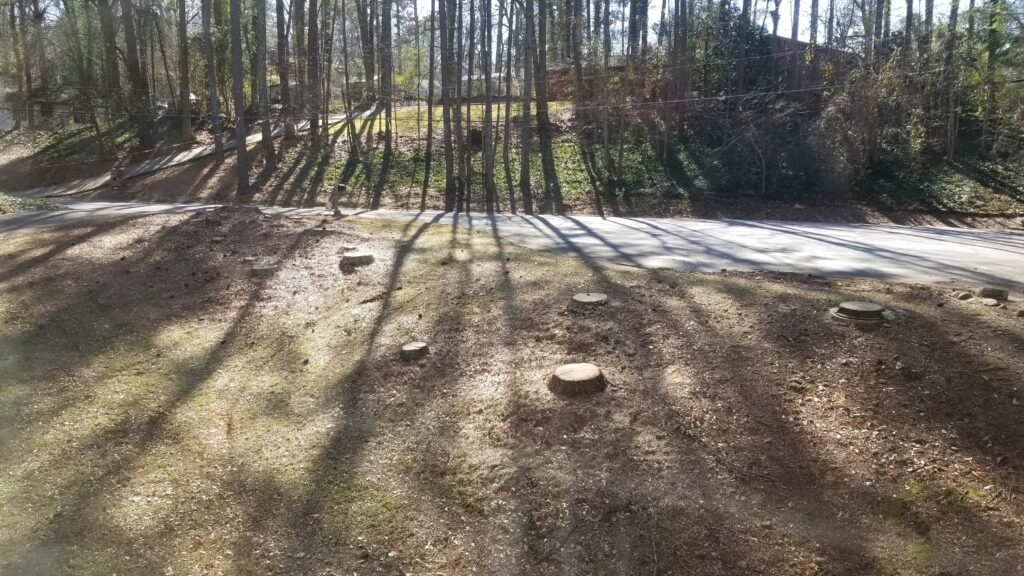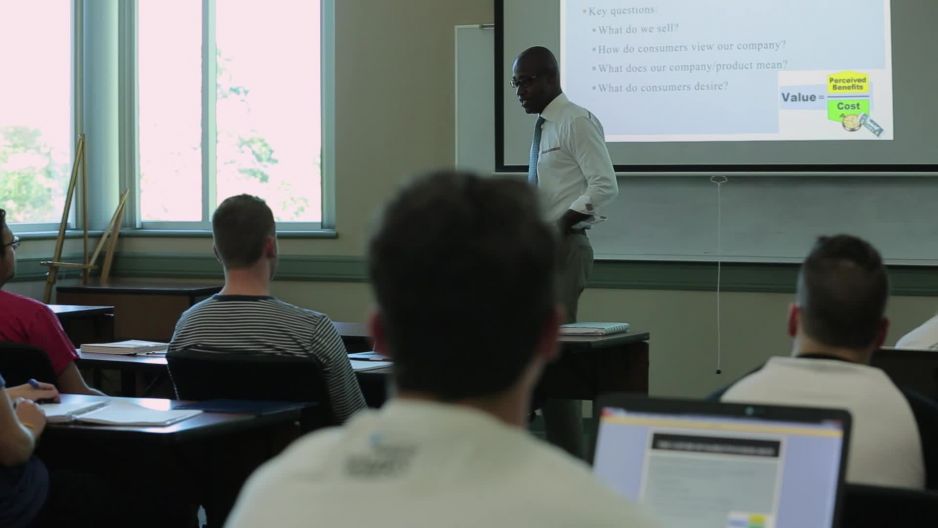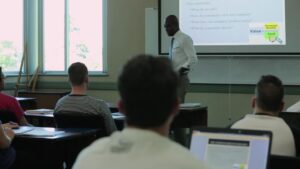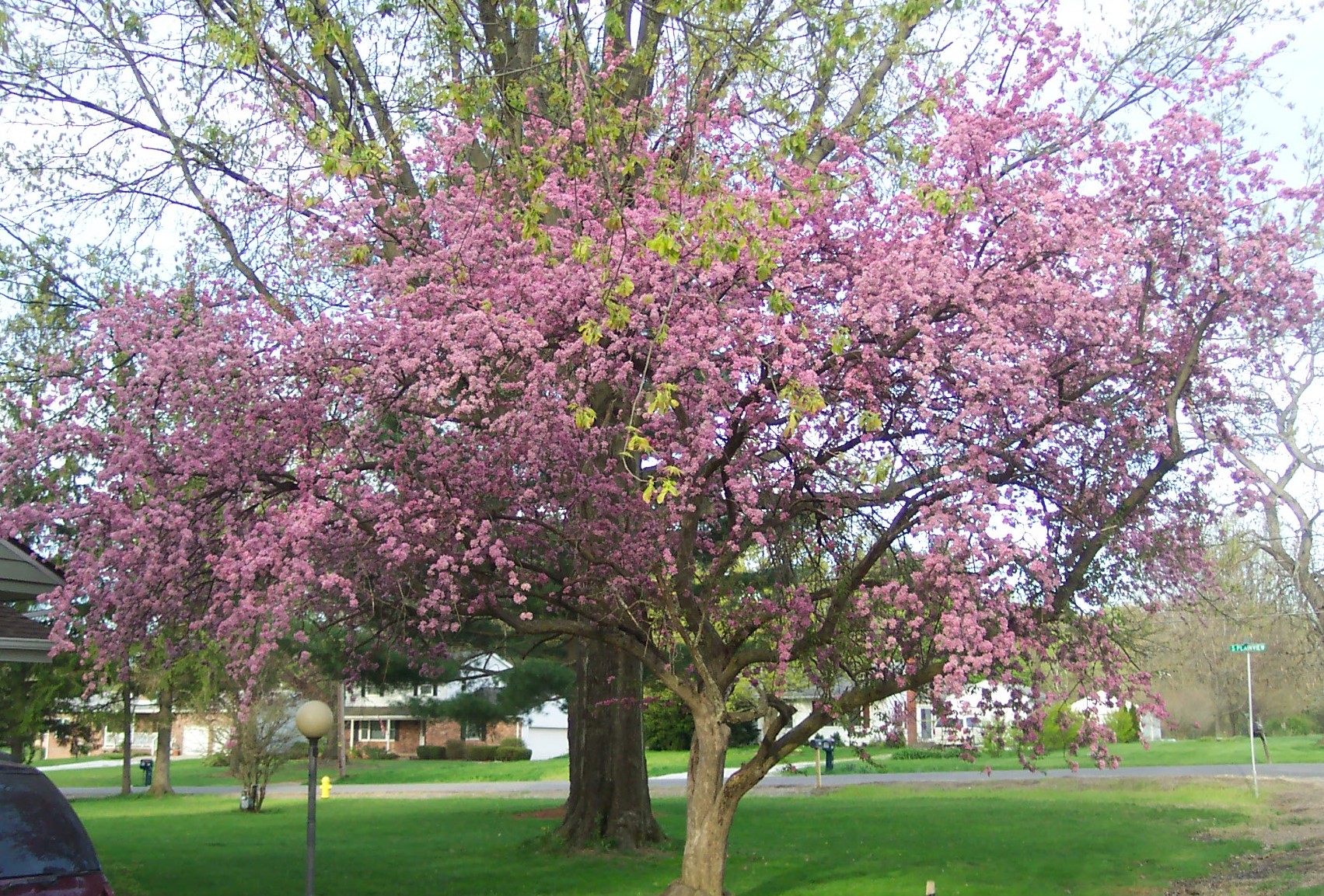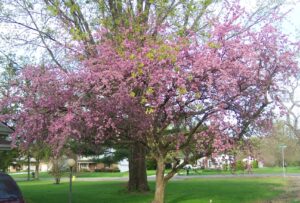Now, more than ever, I have a burden for married couples. Marriages are under attack, as well as the institution of marriage itself. I wish I could speak more to couples in a church classroom venue. Unfortunately, those opportunities have been limited in the church settings I have seen. It seems no divorced person is deemed qualified to teach on marriage.
Marriage classes are almost always taught by married people. The thinking seems to be, how can a person who could not remain married teach someone else about the commitment required in marriage? I would agree that it would be difficult for someone who has never been married to teach on the subject, but one who has experienced it can bring some insight to those who are currently united in matrimony, or contemplating doing so.
Sometimes we can learn from the mistakes of others, as well as the positive experiences. For example, an adult can teach a teenager about surviving the teenage years, even though he or she is no longer a teenager. The fact that he or she was once a teenager still brings validity to his or her perspective. A nine-year old could not teach on being a teenager, but certainly an adult could. In the same way, a former alcoholic can counsel a person who is struggling with this addiction.
Most marriage books are written by people who have good and long-lasting marriages. I believe through years of counseling couples with troubled marriages and divine insight from the Word of God, these men and women are fully qualified to speak on the subject. I have personally benefited from these authors. With my book, Go Into The House, I bring the perspective of someone who has been through the dark valley of a difficult marriage and subsequent divorce, and has come through on the other side. I’m a living witness that there is hope.
There are situations in life that I don’t want to have to experience personally. I would rather learn from someone else’s mistakes, so I don’t have to face the same consequences. One of my aims with this book has been to share my testimony in hopes of encouraging other people on their Christian journey, especially as it relates to a difficult or failed marriage. I believe there is a purpose for the experiences I have undergone. There is someone else who can benefit from my pain. I have not heard many men share the kinds of experiences I have encountered, but I know I am not alone.
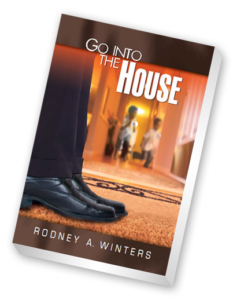
I trust that this book brings a fresh perspective on some issues that many couples face. I am able to comfort others with the comfort with which I have been comforted. So far, I have been able to help others who were going through marital difficulty, through my personal experiences. I pray that many more will be helped.
(Photo credit: Alena Darmel)


